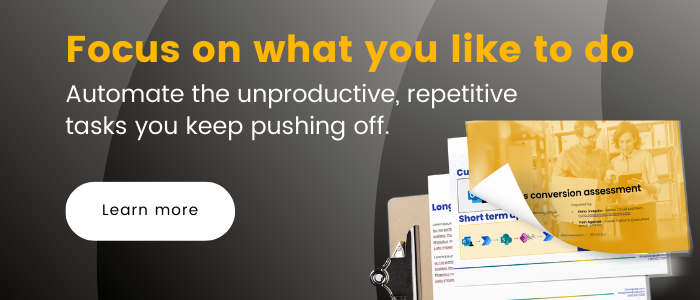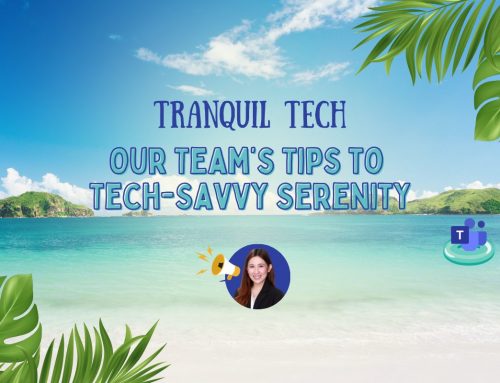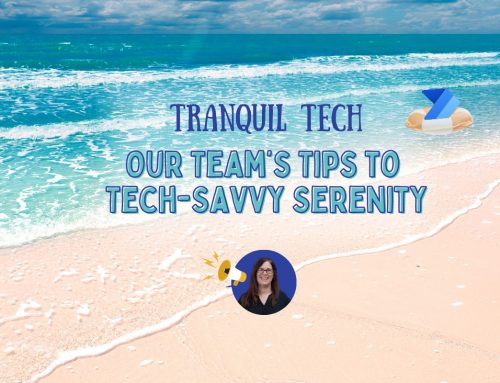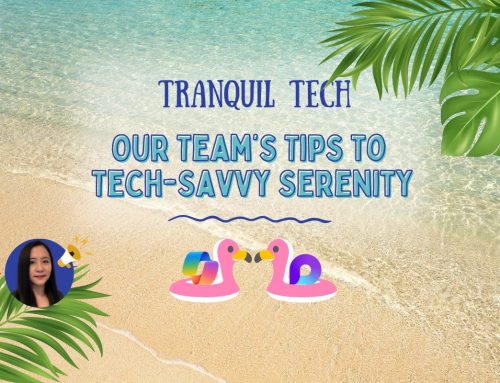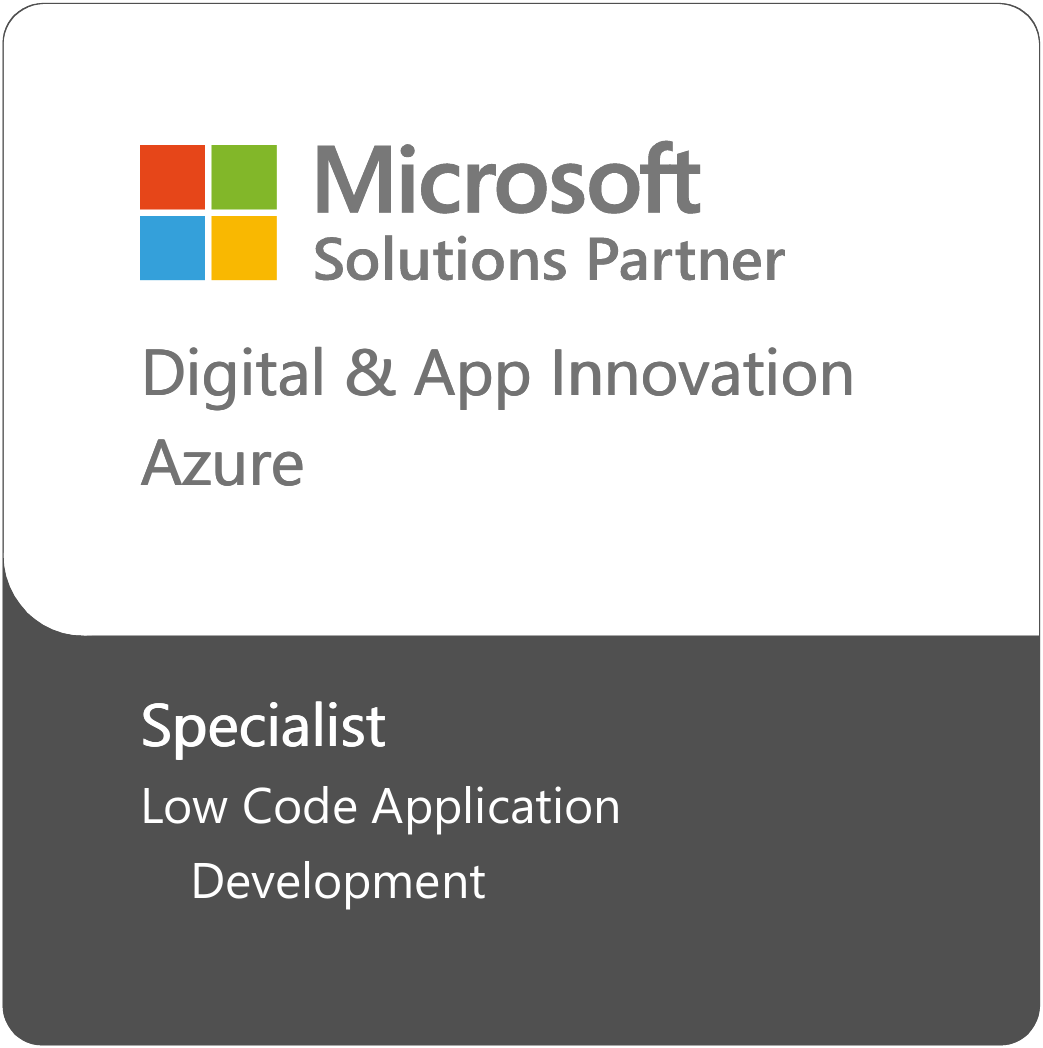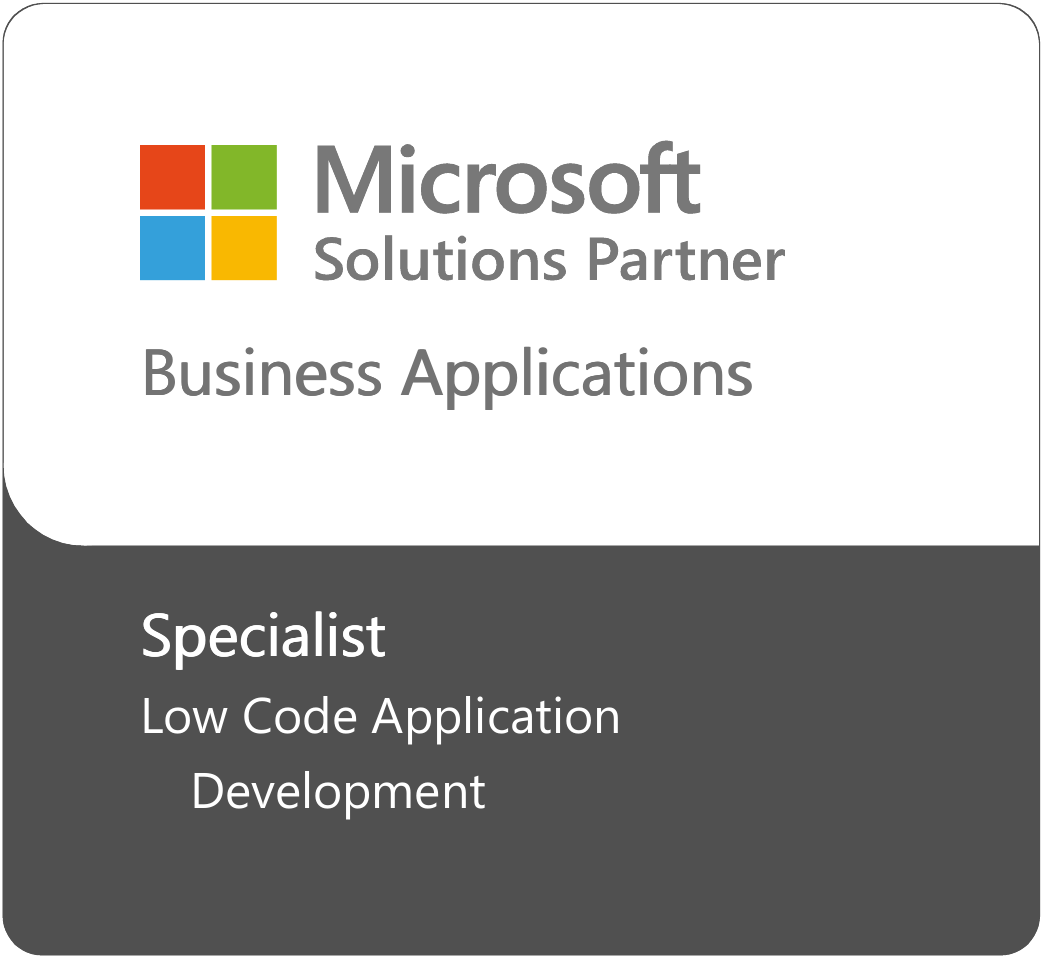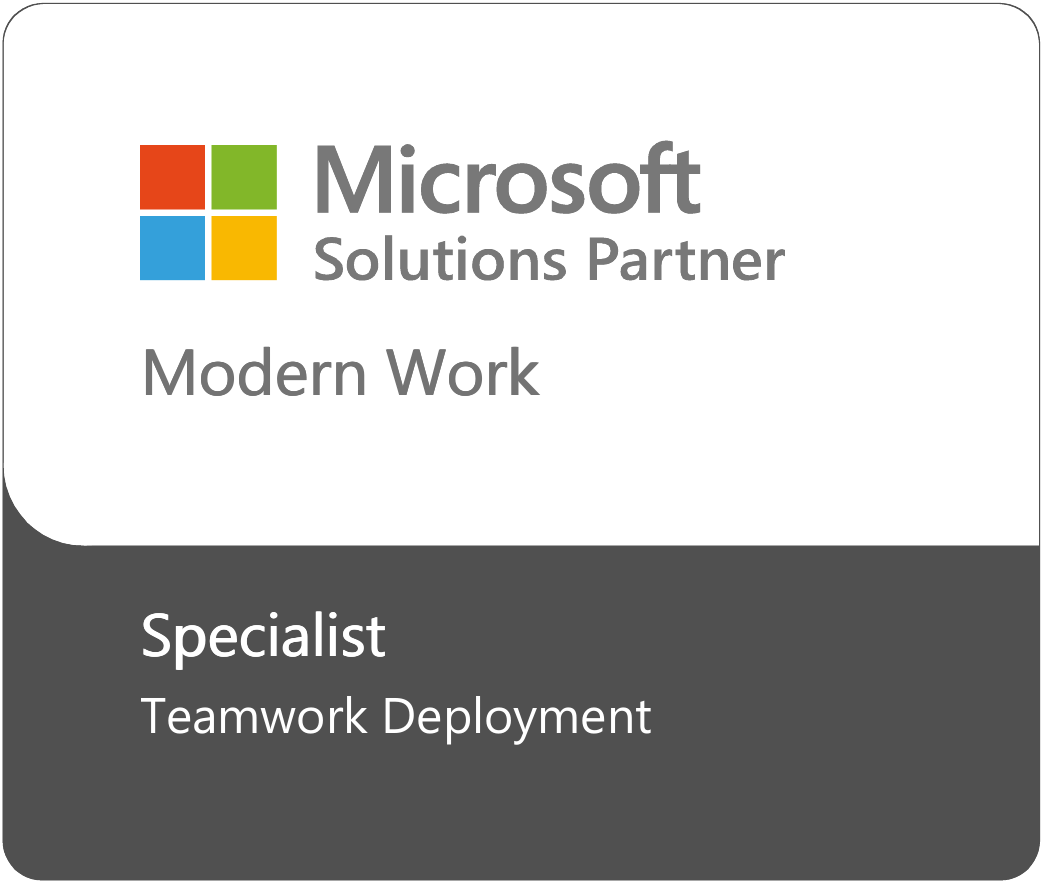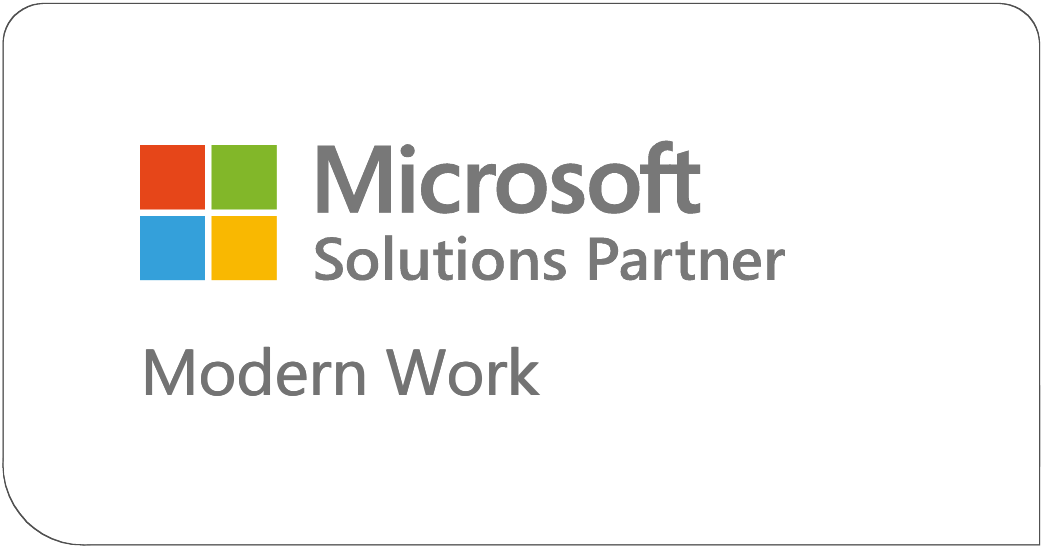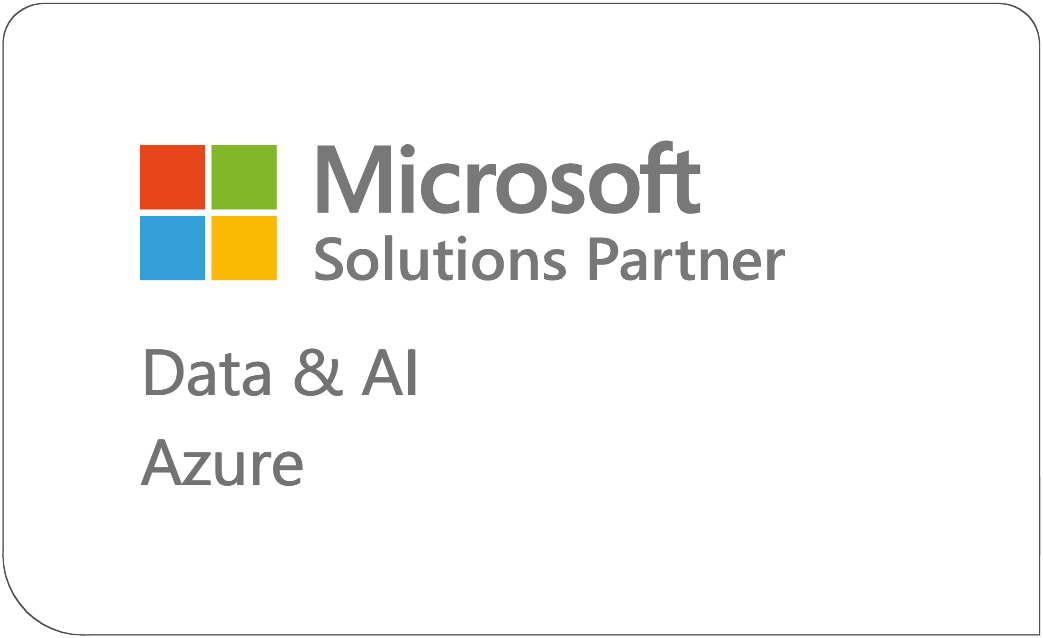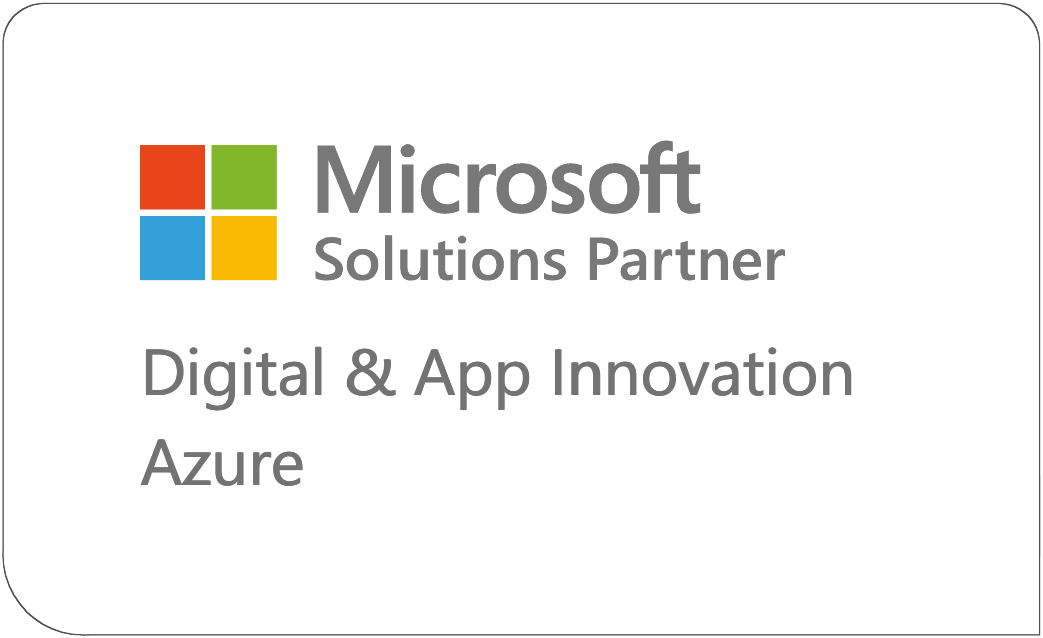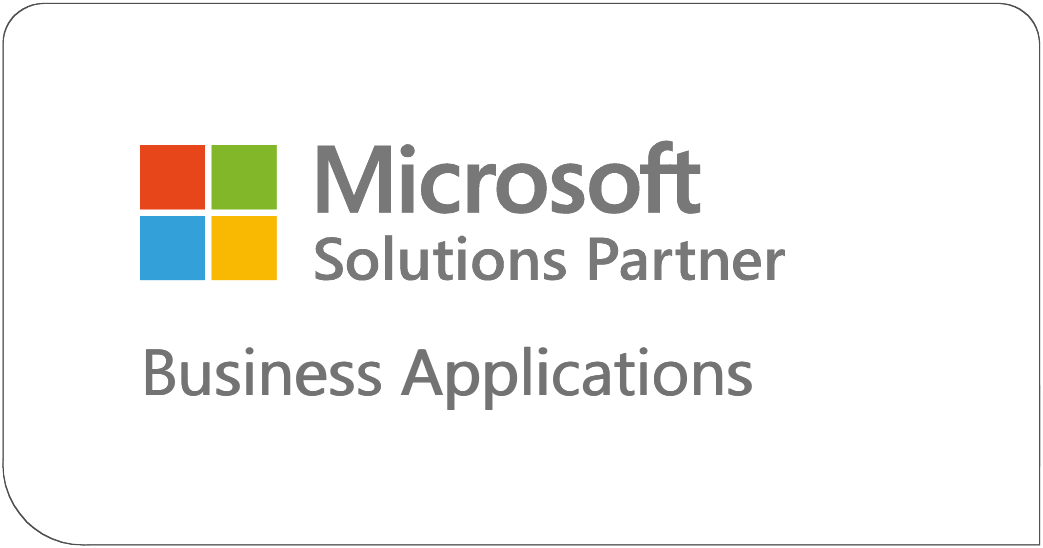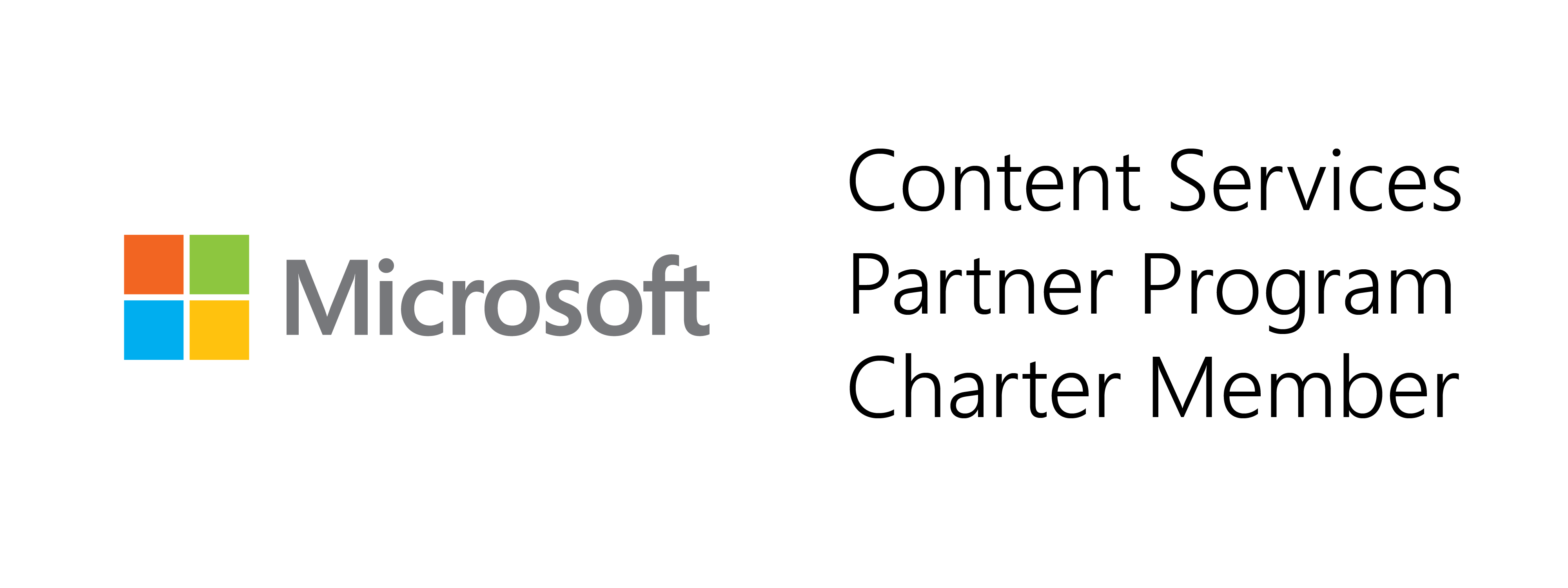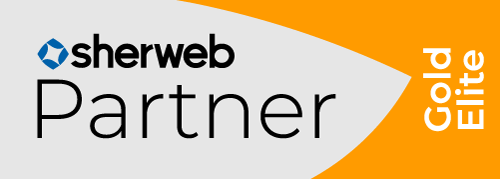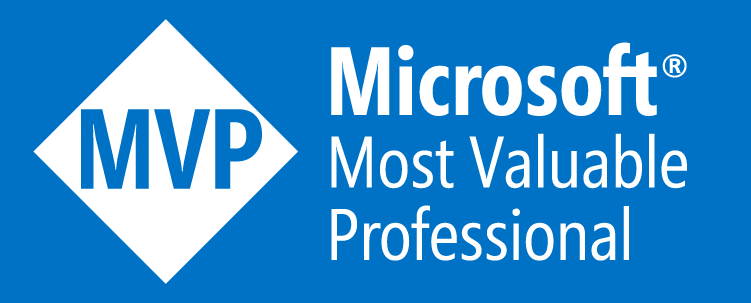Microsoft Ignite 2023 Keynote Takeaways
As custom dictates, Satya Nadella, the visionary Chairman and CEO of Microsoft since 2014, took center stage to kick off Microsoft Ignite 2023 with a keynote session that set the tone for the event. Satya started the session by expressing his awe at the pace of innovation and how much technology has been advancing only in the past year since the release of ChatGPT. He then dived into the transformative phase of artificial intelligence (AI), where AI transitions from a fascinating technology to a real-world force capable of solving modern-day issues, including amplifying safety and boosting productivity across all industries, like manufacturing, education, and healthcare.
At the heart of Microsoft Ignite 2023 lies a compelling theme: the age of Copilot. Microsoft envisions Copilot as the next frontier in AI. Microsoft’s overarching goal is to enable users to leverage this knowledge to create value, fostering productivity and innovation across the board. Microsoft Ignite 2023 promises to be a deep dive into how Microsoft is actively working to equip its clients, partners, and developers to thrive in the new age of AI.
Satya’s opening remarks were not only an acknowledgment of progress; they marked the dawn of a new era in AI. Microsoft’s vision for Copilot goes beyond mere access to information—it aims to redefine how we interact with knowledge. According to Microsoft, Copilot will give us access to all the information around the world and help us use that knowledge to our advantage, creating and bringing value to others by boosting productivity, spending less time searching for information, jump-starting the creative process, resolving customer problems faster, and conducting more effective meetings.
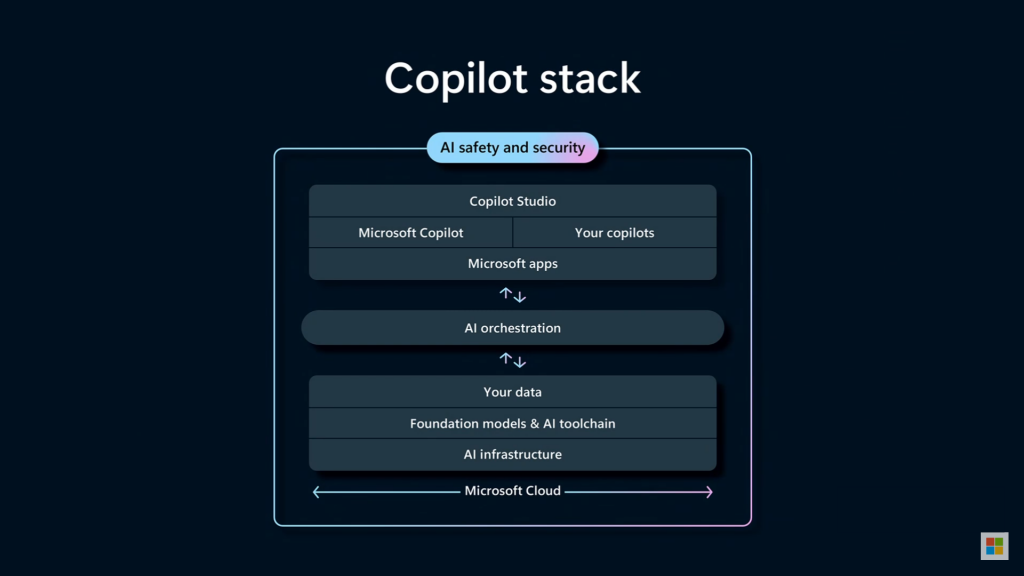
AI infrastructure
Before diving into practical solutions of AI, Satya Nadella dedicated a significant portion of the keynote to highlight Microsoft’s commitment to enhancing its Azure infrastructure. Azure is the world’s computer, powering a range of solutions from cloud services to running the most sophisticated AI models.
Sustainability
With a global footprint spanning over 60 Azure regions and 300 data centers, Microsoft boasts the largest computer infrastructure globally. So, it shouldn’t be surprising that one of Microsoft’s primary objectives is to keep building and improving its computing infrastructure to provide society with the greatest computing capabilities possible.
Recognizing the explosive growth of AI and its models, Microsoft aims to equip its clients to harness the full potential of this transformative technology. A critical starting point for Satya was addressing Microsoft’s environmental responsibility. He expressed concern for the planet and emphasized the shift to renewable energy to power their infrastructure. Currently, 19 GW of Microsoft’s energy comes from renewable sources, and they project to operate on 100% carbon-free infrastructure by 2025.
Accelerated computing
Beyond sustainability, Microsoft is ramping up computing speed to support AI by employing hollow core fiber, resulting in a remarkable 47% increase in computing speed. But this is only the beginning of their infrastructural improvements.
Microsoft’s ecosystem approach includes longstanding partnerships with industry leaders to provide customers with performance, efficiency, and cost choices for AI inferencing, training, and general computers.
Beyond sustainability, Microsoft is ramping up computing speed to support AI by employing hollow core fiber, resulting in a remarkable 47% increase in computing speed. However, this is only the beginning of their infrastructural improvements.
Microsoft’s ecosystem approach includes longstanding partnerships with industry leaders to provide customers with choices in performance, efficiency, and cost for AI inferencing, training, and general computers.
A notable addition to Microsoft’s suite of infrastructure improvements is Azure Boost, now generally available. This enhancement provides superior network and storage performance at scale, bolsters security measures, and minimizes servicing impact by offloading virtualization processes. This innovation enables Microsoft to attain the fastest remote and local storage performances available in the market.
Taking a giant leap forward, Microsoft introduces custom-built silicon to complement its offerings. The Microsoft Azure Maia, an AI Accelerator chip, is designed for cloud-based training and inferencing of AI workloads, including models from OpenAI, Bing, GitHub Copilot, and ChatGPT. On the other hand, Microsoft Azure Cobalt, a cloud-native chip based on Arm architecture, is optimized for performance, power efficiency, and cost-effectiveness for general-purpose workloads.
As part of this comprehensive upgrade, Microsoft introduces two new virtual machine series: the NC H200 v5, built on the latest NVIDIA Hopper 100 architecture, offering increased memory per GPU for mid-range AI training and generative AI inferencing,; and the ND MI300 v5, featuring AMD’s latest GPU, the AMD Instinct MI300X, designed to accelerate high-range AI model training and generative inferencing. These advancements underscore Microsoft’s unwavering commitment to providing cutting-edge infrastructure that empowers users to unlock the full potential of AI.
Foundation models and AI toolchain
In a dynamic landscape where AI innovation takes center stage, Microsoft plans on integrating the latest breakthroughs from OpenAI into Azure AI, ensuring widespread accessibility to cutting-edge services.
One of the noteworthy updates to be incorporated into Azure OpenAI is the introduction of GPT-4 Turbo. This advancement promises reduced pricing and provides customers the flexibility to extend prompt length, ushering in enhanced control and efficiency for their generative AI applications.
The synergy of GPT-4 Turbo with Azure AI Vision marks another milestone. By integrating with Azure AI Vision, GPT-4V enriches experiences by seamlessly incorporating images or videos and text to generate textual output. This integration capitalizes on Azure AI Vision enhancements, such as video analysis, and is set to be in preview by the end of 2023.
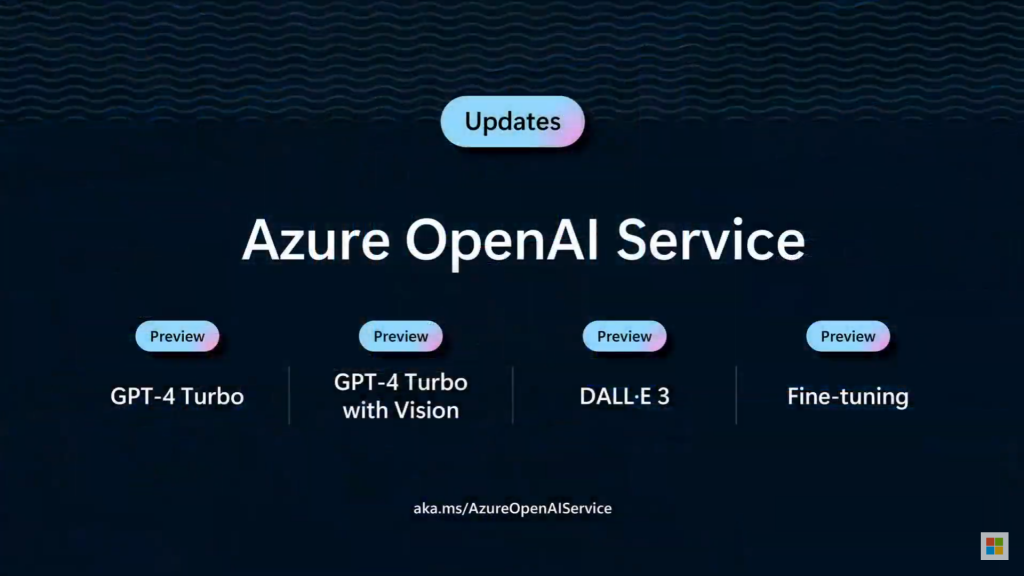
Azure OpenAI Service has also rolled out updates to GPT-4, including the ability for fine-tuning. This feature empowers organizations to tailor the AI model, aligning it more closely with their specific requirements.
Furthermore, Microsoft’s commitment to open source is evident in the inclusion of a diverse array of models in its catalog, featuring Stable Diffusion, Code Llama, Mistral 7B, and NVIDIA Nemotron-3 8B. Taking a bold step forward, Microsoft introduces Models as a Service to Azure, offering solutions like Llama 2 as a Service for improved model accuracy, Mistral as a Service, and Jais as a Service, recognized as the highest quality Arabic language model.
Not stopping there, Microsoft unveils the preview of its unified AI platform, Azure AI Studio. This platform empowers organizations and professional developers with comprehensive tools to explore, build, test, and deploy AI solutions. Developers gain access to out-of-the-box and customizable tooling and models, enabling them to build generative AI applications, including copilot experiences. With the flexibility to choose data sources, select models from an extensive catalog, orchestrate prompt flows, evaluate model responses, identify fine-tuning opportunities, and scale proof of concepts into full production, Azure AI Studio emerges as a one-stop solution for AI innovation.
During the keynote, Satya Nadella also discussed Microsoft’s partnership with NVIDIA. Jensen Huang, CEO of NVIDIA, took the stage to dive into their collaborative efforts, introducing the NVIDIA AI Foundry Service on Azure and its capabilities. Jensen elaborated on software improvements and breakthroughs in computing, underscoring the depth of their collaboration. For more information, make sure to watch the Microsoft Ignite 2023 Keynote!
Microsoft Fabric and data
Another critical aspect of AI development is data, and Satya didn’t overlook this essential component in the conversation. He announced that Microsoft Fabric is now generally available. Fabric facilitates persistent data governance and offers a single– capacity pricing model that scales with growth. It’s an open system at every layer with no proprietary lock-ins.
Designed for the entire enterprise, Fabric comes complete with role-tailored tools and deep integrations with Microsoft 365, Teams, and AI copilots. This comprehensive approach accelerates analytics capabilities and aids in scaling data value creation for everyone, from data professionals to non-technical business users.
Satya also discussed future developments and upcoming features of Fabric, such as Mirroring, a frictionless way to seamlessly connect data within your warehouses and databases to OneLake.
Furthermore, Azure Machine Learning continues to improve user experiences with new enhancements, including the general availability of prompt flow and model catalog and the preview of an integration with OneLake in Microsoft Fabric, empowering developers and machine learning professionals to streamline the development of AI-powered applications and operationalize responsible generative AI solutions across all stages of the generative AI development lifecycle.
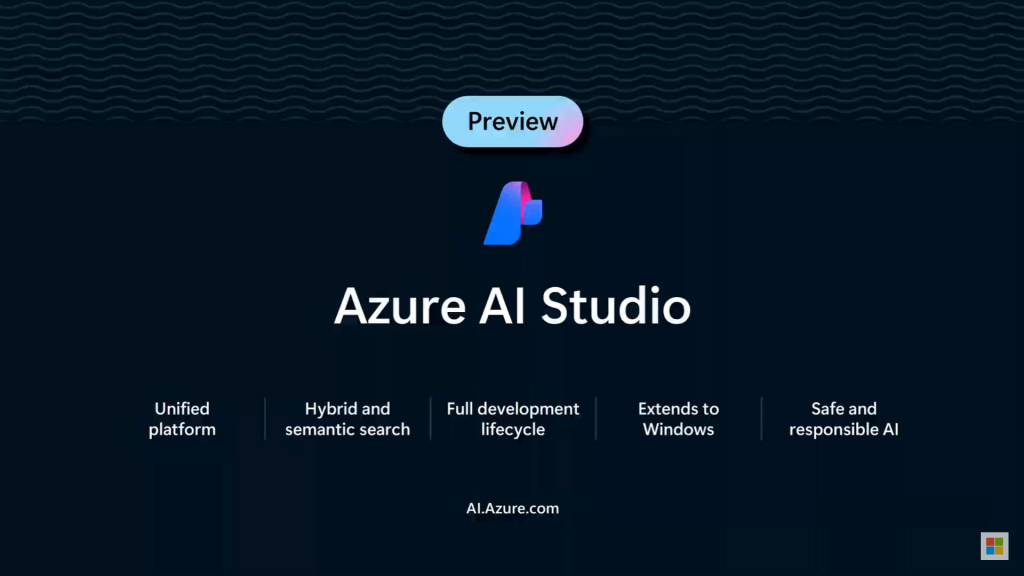
Updates to Azure Machine Learning include:
- Prompt flow: Streamlining the development lifecycle of applications powered by large language models, Prompt Flow enables developers to design, construct, evaluate, and deploy workflows seamlessly. It connects to a variety of foundation models, vector databases, prompts, and Python tools through visualized graphs and code-first experiences, available in Azure Machine Learning and in preview in Azure AI Studio.
- Model catalog: Empower users to discover, evaluate, fine-tune, and deploy foundation models from renowned providers, such as Hugging Face, Meta, and OpenAI. Model Catalog is set to be generally available soon and is currently available in preview in Azure AI Studio.
- OneLake integration: Available in preview as a datastore in Azure Machine Learning, OneLake facilitates a seamless transition between Microsoft Fabric and Azure Machine Learning. This integration allows data engineers to share machine learning-ready data assets developed in Fabric, enabling machine learning professionals to directly use them for model training in Azure Machine Learning. Machine learning professionals can write model predictions back to OneLake for further processing in Fabric or to surface insights through Power BI.
Microsoft Teams
Microsoft Teams stands at the forefront of facilitating seamless collaboration and communication for a vast user base exceeding 320 million worldwide. The platform’s latest iteration, the New Microsoft Teams—currently in preview—takes a giant leap forward by doubling its speed and cutting resource utilization by 50%. Harnessing the power of AI, this evolution is poised to streamline processes and enhance user experiences.
A noteworthy addition to Microsoft Teams, currently undergoing preview testing, is Microsoft Mesh. This groundbreaking feature empowers users to craft custom immersive spaces tailored to specific business needs. These immersive spaces serve diverse purposes, ranging from employee events and training sessions to guided tours and internal product showcases.
The Mesh editor enables users to tailor immersive experiences to the unique requirements of events, all without writing a single line of code. Event creators can choose from a selection of ready-to-use immersive spaces, infusing them with personal touches such as images, videos, and screen shares in a shared 3D canvas.
As Microsoft Teams continues to evolve and expand its capabilities, the integration of Microsoft Mesh underscores the commitment to providing innovative tools that redefine how teams collaborate and communicate in the modern workplace. The upcoming general availability of Microsoft Mesh in January 2024 promises to usher in a new era of immersive and customized business experiences within the Teams platform.
Copilot Studio
Last but not least, Satya introduced Microsoft Copilot Studio, an all-encompassing conversational AI platform designed to empower users to craft and customize copilots seamlessly. This platform is the ideal companion for Microsoft Copilot for Microsoft 365, placing IT administrators in control while ensuring predictability in responses for key topics.
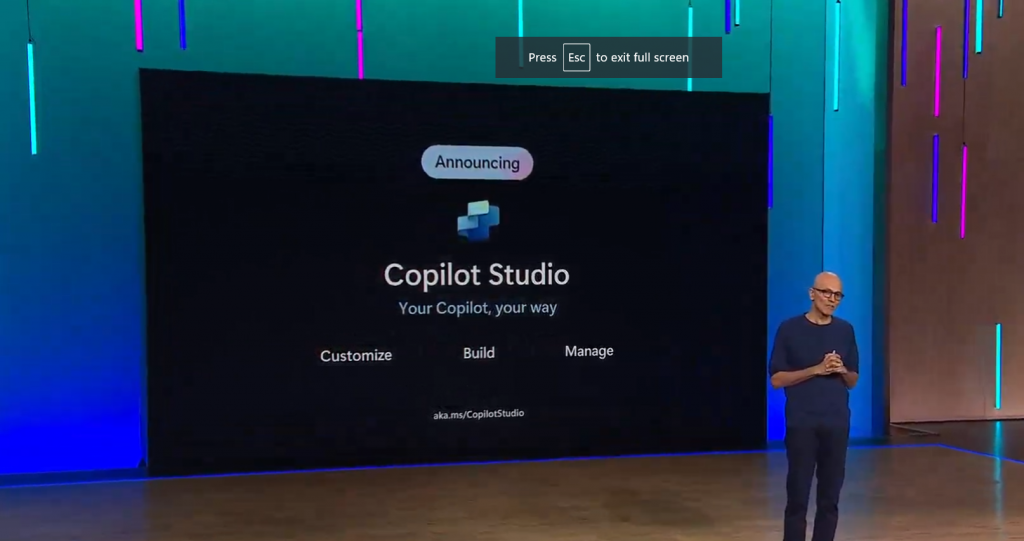
Microsoft Copilot Studio offers users a user-friendly environment to design, test, and publish copilots tailored to specific needs and preferences. Leveraging the prowess of generative AI, users can dynamically create multi-turn answers over data and dialogues, ensuring engagements that are not only compelling but also relevant for end-users. This extends to incorporating specific conversations for predictable scenarios, such as expense management, HR onboarding, or IT services, where authored responses and workflows are essential.
Copilot Studio isn’t just a tool—it’s a gateway for users to create impactful conversational AI experiences that drive tangible business outcomes. With the ability to customize Copilot for Microsoft 365, included in the Copilot for Microsoft 365 license, users can now harness the full potential of Copilot Studio to craft tailored, efficient, and engaging conversational AI solutions.
SharePoint Premium
Though not explicitly addressed in Satya’s keynote, SharePoint Premium is another significant update announced at Microsoft Ignite 2023. Currently, in preview, SharePoint Premium is designed to revolutionize content management and elevate content experiences, ensuring that Copilot has better information to leverage. It will be generally available early next year.
One of the features of SharePoint Premium is its commitment to enhancing the flow of work for information workers. It introduces content experiences that empower users to effortlessly discover, interact, and collaborate with various file types. Leveraging AI analytics and branded document packaging, this feature ensures the delivery of fresh and relevant content, enhancing the overall user experience. Additionally, SharePoint Premium offers content solutions that optimize critical business processes through the integration of AI, robust security measures, and automated workflows.
Beyond these key features, SharePoint Premium encompasses content processing and content governance services and solutions. Drawing from both new and existing capabilities of Microsoft Syntex and Microsoft SharePoint Advanced Management, this comprehensive suite promises to ground an organization’s content with structure and governance.
A quick recap
Microsoft Ignite 2023 has illuminated the path to the future of technology and innovation while also spotlighting Microsoft’s unwavering commitment to developing and enhancing cutting-edge AI tools. Copilot, envisioned as more than just an information source, promises to reshape how we interact with knowledge, offering unprecedented advantages in productivity and problem-solving across every industry.
The keynote also highlighted Microsoft’s dedication to fortifying its AI infrastructure, setting a gold standard in sustainability and computing speed. Moreover, the convergence of foundation models and the AI toolchain showcases Microsoft’s integration of breakthroughs, ensuring accessibility to state-of-the-art services. Updates to Azure OpenAI, the introduction of Models as a Service, and the unified AI platform, Azure AI Studio, all underscore Microsoft’s commitment to democratizing AI for developers and organizations alike.
Microsoft’s advancements in data management through Microsoft Fabric, coupled with Azure Machine Learning’s updates, emphasize the importance of a comprehensive approach to AI development. Lastly, the introduction of Microsoft Copilot Studio adds a significant layer to the AI landscape. This end-to-end conversational AI platform not only puts users in control but ensures predictability in responses. It stands as a testament to Microsoft’s continuous efforts to make AI more accessible and impactful.
In essence, Microsoft Ignite 2023 has set the stage for a future where AI is not just a tool but an integral part of our digital lives, empowering individuals and organizations to navigate and thrive in the age of Copilot.
Related Posts
Subscribe our newsletter
Enter your email to get latest updates.

